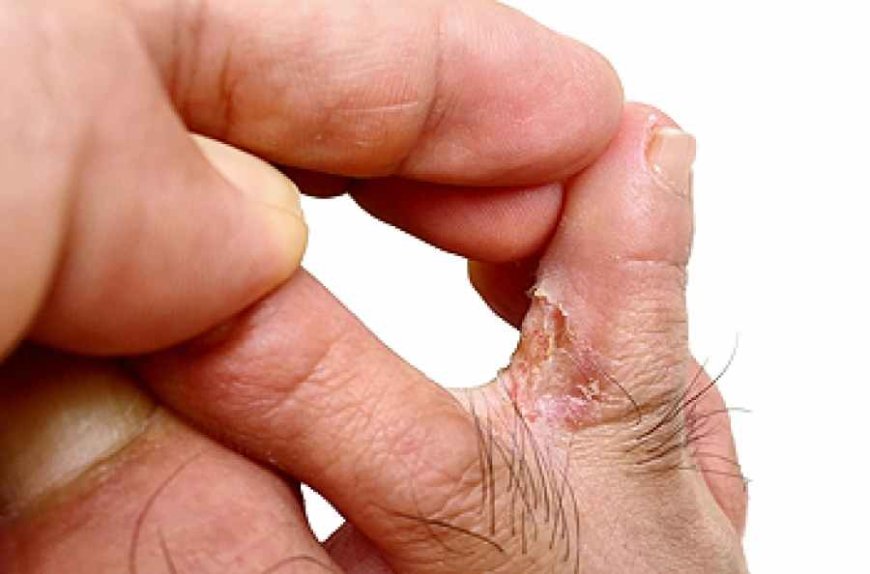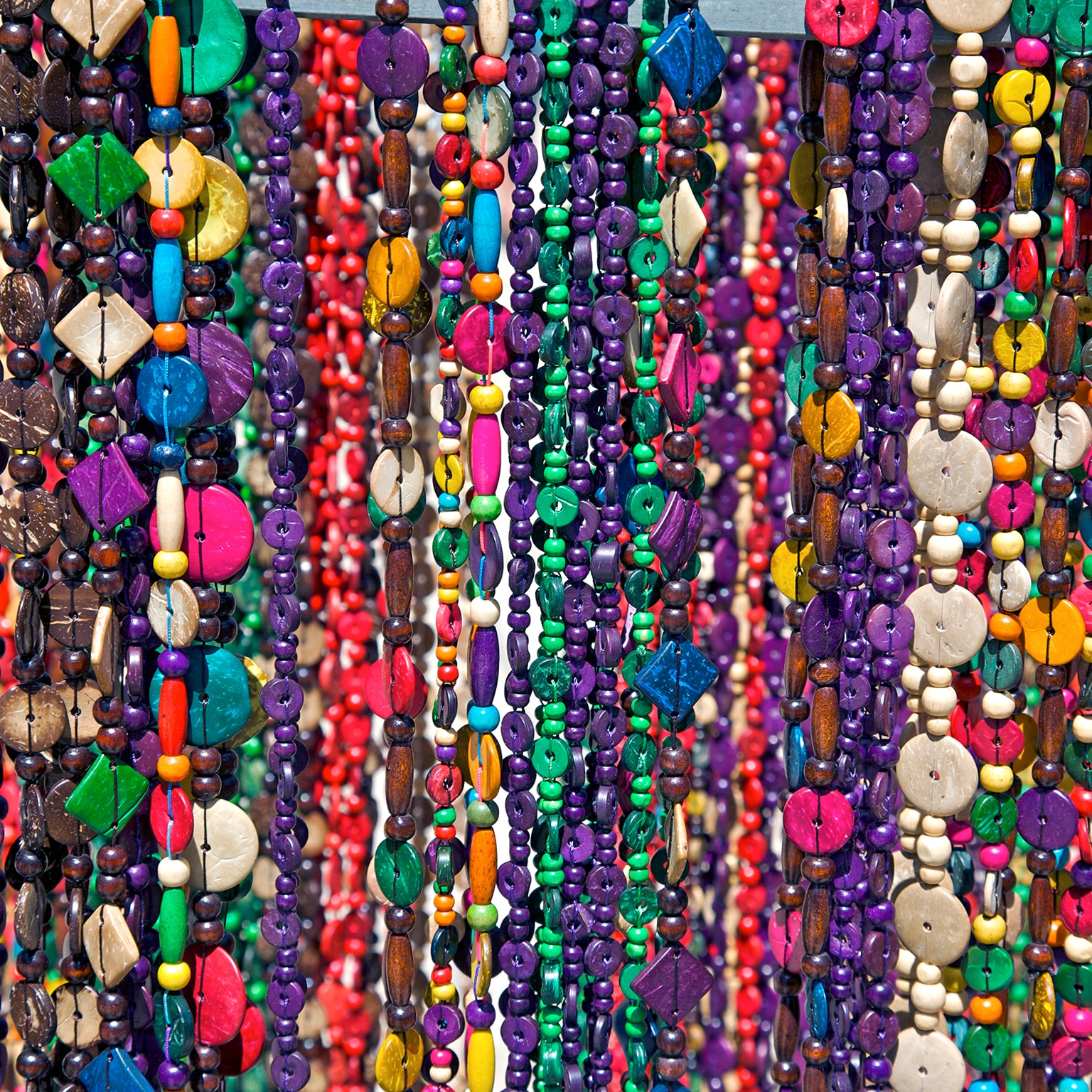How to Prevent Eczema and Athlete’s Foot: Best Guide
We’ll break down the best ways to keep eczema and athlete’s foot at bay, so you can enjoy healthier, happier skin.

Introduction
Dealing with itchy, irritated skin is no fun, especially when it’s caused by conditions like eczema and athlete’s foot. While they affect different parts of the body, both can be incredibly uncomfortable if left unchecked. The good news? Prevention is possible! In this guide, we’ll break down the best ways to keep eczema and athlete’s foot at bay, so you can enjoy healthier, happier skin.
Understanding Eczema and Athlete’s Foot
What is Eczema?
Eczema (atopic dermatitis) is a chronic skin condition that causes dry, itchy, and inflamed patches. It often flares up due to triggers like stress, allergens, or harsh skincare products.
What is Athlete’s Foot?
Athlete’s foot is a fungal infection that thrives in warm, moist environments, like sweaty shoes or locker room floors. It leads to itching, burning, and cracked skin between the toes.
Common Symptoms of Both Conditions
-
Redness and inflammation
-
Intense itching
-
Dry, scaly patches (eczema) or peeling skin (athlete’s foot)
Causes and Risk Factors
Causes of Eczema
-
Genetics
-
Environmental irritants (soaps, detergents)
-
Allergens (dust mites, pet dander)
Causes of Athlete’s Foot
-
Fungal exposure (public showers, pools)
-
Poor foot hygiene
-
Wearing tight, non-breathable shoes
Who is Most at Risk?
-
People with a family history of eczema
-
Athletes or frequent gym-goers
-
Those with weakened immune systems
Prevention Strategies for Eczema
Moisturize Regularly
Dry skin worsens eczema, so keep it hydrated with thick creams or ointments. Apply right after showering to lock in moisture.
Avoid Triggers (Allergens, Irritants)
Identify what sets off your eczema, whether it’s certain fabrics, foods, or stress, and minimize exposure.
Use Gentle, Fragrance-Free Products
Harsh soaps and perfumed lotions can aggravate eczema. Opt for fragrance-free cream and mild cleansers instead.
Prevention Strategies for Athlete’s Foot
Keep Feet Clean and Dry
Wash your feet daily and dry them thoroughly, especially between the toes where fungus loves to grow.
Wear Breathable Footwear
Choose shoes made of natural materials like cotton or leather, and alternate pairs to let them air out.
Avoid Walking Barefoot in Public Areas
Always wear flip-flops in communal showers, pools, or gym locker rooms to reduce fungal exposure.
Lifestyle Changes for Prevention
Diet and Hydration
A balanced diet rich in omega-3s (found in fish and flaxseeds) can support skin health. Drink plenty of water to stay hydrated.
Stress Management
Stress can trigger eczema flare-ups. Practice relaxation techniques like yoga or meditation to keep it under control.
Treatment Options
Over-the-Counter Solutions
-
Eczema: Hydrocortisone cream, colloidal oatmeal baths
-
Athlete’s Foot: Antifungal sprays or powders
Prescription Treatments
For severe cases, a doctor may prescribe stronger topical steroids (eczema) or oral antifungals (athlete’s foot).
Importance of Fragrance-Free Cream in Eczema Care
Since eczema-prone skin is sensitive, fragrance-free cream helps avoid irritation while providing deep hydration.
When to See a Doctor
If symptoms persist despite home care or if you notice signs of infection (oozing, severe pain), seek medical advice.
Conclusion
Preventing eczema and athlete’s foot boils down to good hygiene, smart product choices, and healthy habits. By staying proactive, you can keep these pesky skin issues from cramping your style. Ready to take control? Start with these tips today!
FAQs
1. Can eczema and athlete’s foot occur at the same time?
Yes, though they’re different conditions, poor skin care can make you susceptible to both.
2. Is athlete’s foot contagious?
Absolutely! Avoid sharing towels or shoes with someone who has them.
3. Can diet affect eczema?
Certain foods (like dairy or nuts) may trigger flare-ups in some people.
4. How often should I moisturize if I have eczema?
At least twice daily, especially after bathing.
5. Are natural remedies effective for athlete’s foot?
Tea tree oil has antifungal properties, but severe cases may need medical treatment.

























































































































































